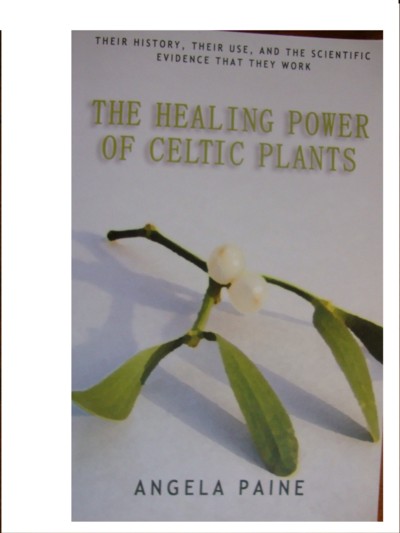I called this blog Celtic herbs, so I'd better start with a Celtic herb - the hop.
I grew up with hops, hop gardens, oasts, hoppicking, hop pressing.
But the hop gardens of Kent are long gone, barely remembered, part of a dim and distant past.
The hop pickers who came down from the Isle of Dogs on the train have all moved to the Medway towns, grown old. .
The hop gardens were tall, bare in the winter, showing the network of wires high up in the sky, held up by enormous wooden poles round the sides of the fields. In the spring a farm-worker would thread strings between hooks high up in the wire-work above and hooks planted in the ground. With his bag of string threaded through his long pole he carried the string from the ground to the sky, from the sky to the ground, looping it expertly around the hooks in the wire-work above and the hooks in the ground. He created a curtain of string along one side of the field, then another, then another, until string rose up on every side, from the ground to the sky, covering the whole field. At this point, if you stood in the field, you noticed that every hop plant, still invisible under the ground, had four strings to climb up. Later the strings would be tied together waist-high.
Then the hops began to sprout out of the ground, like green snakes, looking for something to climb up. The next job consisted in winding the fresh, new sap-green hop tendrils round the strings. One worker might spend all day, every day in the hop-garden, winding the plants up their strings, alone with the ground, the sky and the hop-plants. Soon they would be racing up their strings, sending out big scratchy leaves, reaching the top and curling over. Now the hop garden had become a dense forest of dark green leaves, towering above you as you walked between them, sending out shoots and tendrils and eventually the hops, small cone-shaped pale yellow-green flowers, each petal holding it’s pollen-covered seed.
Hops, when they were fully grown were like green palaces floating in the sky, surrounding me with their thick heady perfume. Rough tendrils scratched my skin as I passed, leaving a raised wheal, raw, inflamed and red. Great green fields surrounded our house, providing our every need and poisoning us with air-born toxic sprays for my father did not believe in organic agriculture. He believed in using chemicals, every sort and kind of chemical, the more poisonous the better. He had shares in ICI. The hops were sprayed twice a week, sometimes three times, with insecticides, fungicides and anti-viral poisons. The ground would be sprayed with weed-killer. Sometimes the spray drifted through the high hedge that separated our garden from the hop garden. We didn’t like the smell but were not particularly aware of any danger.
My father grew rare new varieties of hops in bright white tunnels of light. They were not so much a commercial proposition, as a scientific endeavour, a labour of love, like all scientific endeavours, tender little plants that had to be watered, tended and cared for.
Then in September hop-picking began.
Wednesday, 7 October 2009
Subscribe to:
Post Comments (Atom)

No comments:
Post a Comment